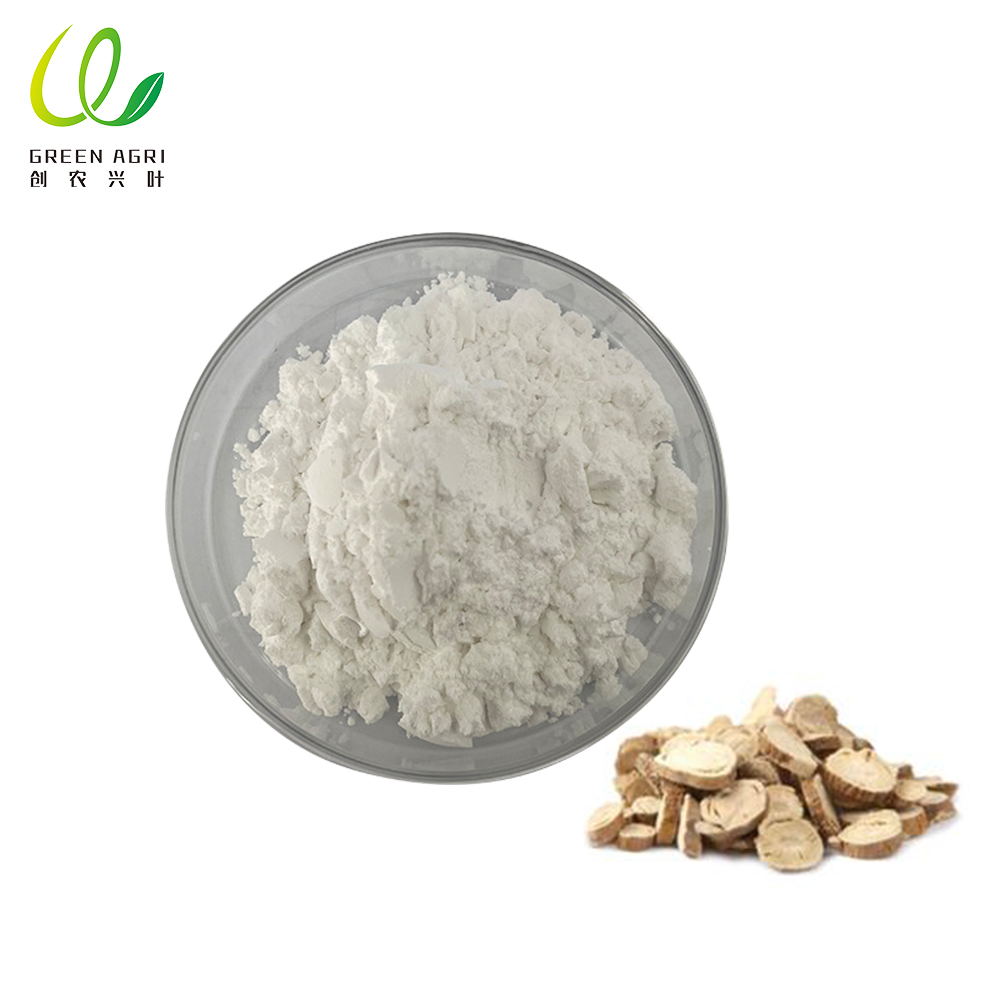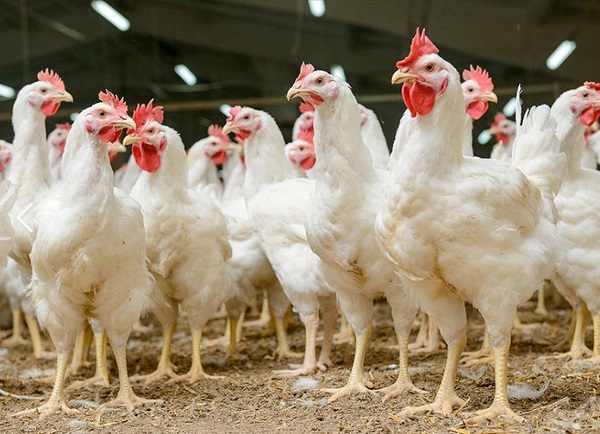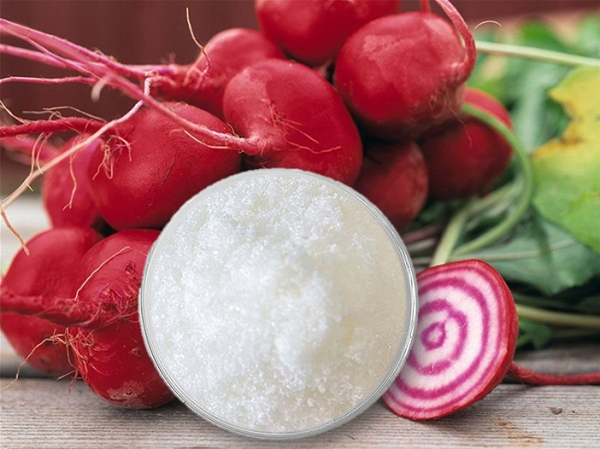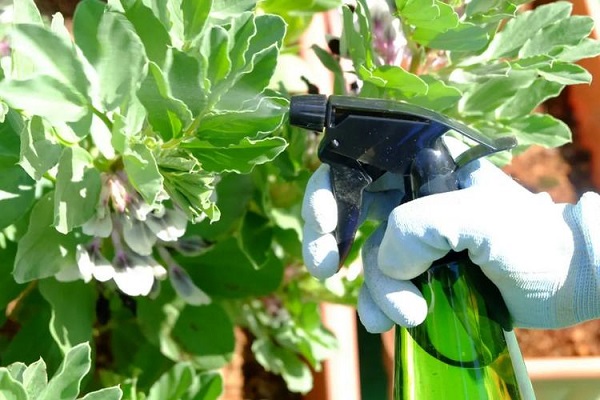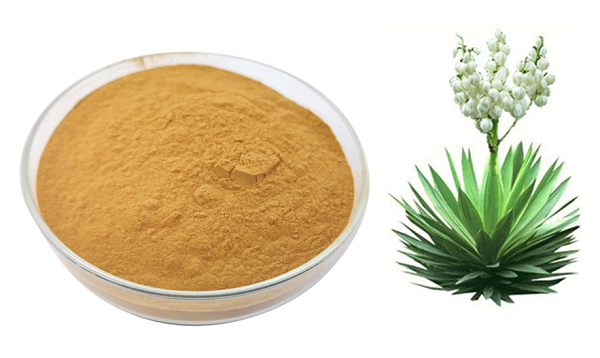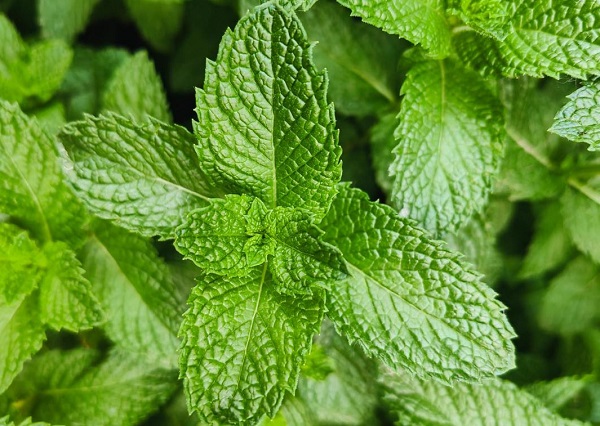Follow Us:
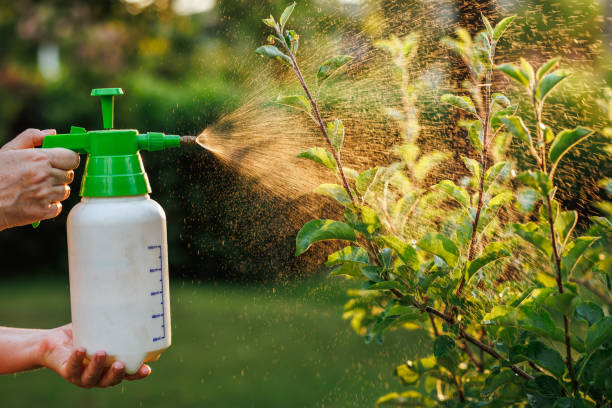
Matrine vs. Synthetic Pesticides: A Comprehensive Comparison
In the quest for effective pest control in agriculture, the choice between natural and synthetic pesticides has become a pivotal consideration for farmers and agricultural professionals. Among the natural alternatives, botanical pesticide ingredients matrine is gaining attention. As a matrine manufacturer, This blog will compare matrine and synthetic pesticides in terms of effectiveness, safety, environmental impact, and practical applications, helping you make an informed choice for sustainable pest management.
What is Matrine?
Matrine is a naturally occurring alkaloid known for its insecticidal properties. Historically used in traditional Chinese medicine, matrine has recently found its place in agriculture as an eco-friendly insecticide. As a bioactive compound, it has shown effectiveness against a variety of agricultural pests while posing minimal risks to non-target species. Current research in China has demonstrated that matrine, either alone or in combination with other botanical, synthetic, and microbial pesticides, can be used to control several insect pests (termites, whiteflies, aphids, leafhoppers, caterpillars, and mites), fungal and bacterial diseases, and nematodes.
Key Features of Matrine
- Natural Origin: Extracted from plant sources, making it appealing to organic farmers and those seeking sustainable solutions.
- Multi-Functional: Effective against multiple life stages of pests, including larvae and adult insects.
- Bioactive Effects: Works primarily by disrupting the nervous system of pests, leading to paralysis and death.
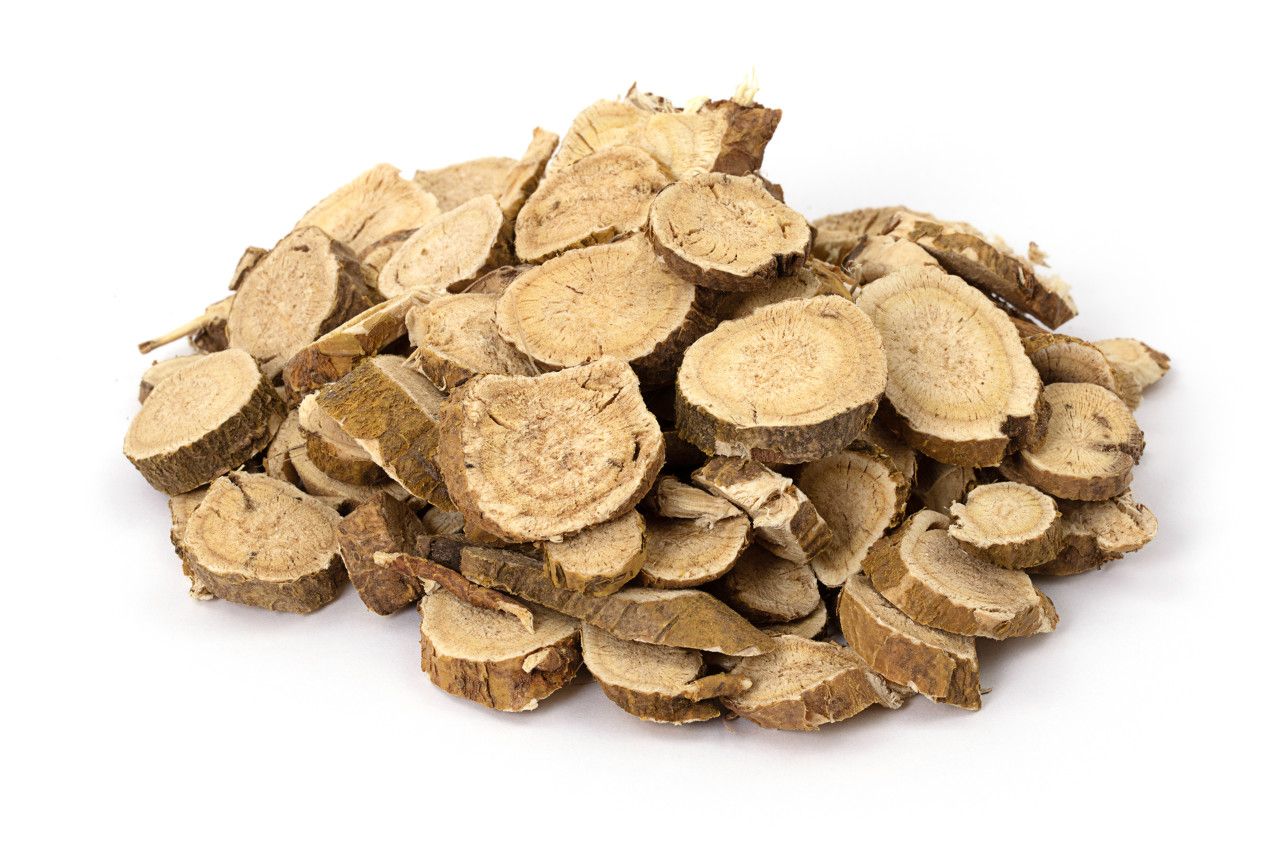
What are Synthetic Pesticides?
Synthetic pesticides are artificially manufactured chemical compounds designed to control or kill pests. They have been widely used in modern agriculture to enhance crop yields and protect against pest infestations. Examples of synthetic pesticides include organophosphates, neonicotinoids, and pyrethroids.
Key Features of Synthetic Pesticides
- High Efficacy: Generally very effective at controlling a broad range of pests.
- Extended Residual Activity: Many synthetic options provide long-lasting effects, reducing the frequency of applications.
- Variety of Formulations: Available in different forms, such as sprays, granules, and systemic treatments, allowing for flexible application methods.
Effectiveness: Matrine vs. Synthetic Pesticides
Efficacy Against Pests
- Matrine: Studies indicate that matrine is effective against common agricultural pests such as aphids, whiteflies, and spider mites. Its action is relatively fast, often providing results within hours of application.
- Synthetic Pesticides: Known for their broad-spectrum efficacy, synthetic pesticides often show immediate results against target pests. However, their effectiveness can vary depending on the pest species and resistance levels.
Resistance Management
- Matrine: One of the significant advantages of matrine is its potential to combat resistant pest populations. As pests evolve, traditional synthetic pesticides may fail, making matrine a valuable component in integrated pest management (IPM) strategies.
- Synthetic Pesticides: Resistance development is a critical issue with synthetic pesticides. Continuous use of the same chemical class can lead to resistance, making it essential for farmers to rotate products or employ mixtures.

Safety: Human and Environmental Impact
Toxicity to Non-Target Species
- Matrine: Generally low in toxicity to non-target species, including beneficial insects like bees and predatory pests. This selectivity helps maintain ecological balance in agricultural settings.
- Synthetic Pesticides: Many synthetic pesticides can pose significant risks to non-target organisms, including beneficial insects, birds, and aquatic life, leading to biodiversity loss.
Human Health Concerns
- Matrine: When applied according to guidelines, matrine is considered safe for humans and pets. However, caution is still advised to avoid potential allergic reactions.
- Synthetic Pesticides: Numerous studies have linked long-term exposure to synthetic pesticides with various health issues, including cancer, reproductive disorders, and neurological impacts. Protective measures during application are crucial.
Environmental Impact
Biodegradability
- Matrine: As a natural compound, matrine is biodegradable and breaks down relatively quickly in the environment, minimizing risks of soil and water contamination.
- Synthetic Pesticides: Many synthetic pesticides are persistent in the environment, leading to potential accumulation in soil and water sources, which can have long-term environmental consequences.
Soil Health
- Matrine: Using matrine may support healthier soil ecosystems, as it typically has minimal negative effects on soil microorganisms that are essential for nutrient cycling.
- Synthetic Pesticides: Long-term use of synthetic pesticides can disrupt soil microbiomes, adversely affecting soil fertility and health.
Practical Applications: How to Use Matrine and Synthetic Pesticides
Application Methods
- Matrine:
- Formulations: Available in various forms, including sprays and granules, matrine can be applied as a foliar treatment or soil drench.
- Timing: Best applied at the first signs of pest activity or during vulnerable growth stages to maximize effectiveness.
- Synthetic Pesticides:
- Formulations: These come in numerous concentrations and formulations, each designed for specific pest targets.
- Timing: Application should be timed according to pest life cycles and environmental conditions for optimal results.
Cost Considerations
- Matrine: While often more expensive than synthetic alternatives, the benefits of reduced environmental impact and increased safety may justify the cost for many farmers.
- Synthetic Pesticides: Typically more affordable in the short term, but the long-term costs associated with resistance management and environmental degradation should not be overlooked.
Case Studies: Successful Use of Matrine
Organic Vegetable Farming
Organic farmers have successfully utilized matrine powder to manage aphid populations without harming beneficial insects. This integrated approach has led to healthier crops and improved yields, showcasing the effectiveness of matrine in sustainable agriculture.
Fruit Orchards
In fruit orchards, matrine has been integrated into pest management programs to combat common fruit pests. Farmers reported reduced reliance on synthetic chemicals, resulting in safer fruit production while maintaining effective pest control.
Making the Right Choice
Choosing between matrine and synthetic pesticides ultimately depends on several factors, including pest pressure, environmental considerations, and personal values regarding sustainability.
- For those prioritizing environmental health and sustainability, matrine presents a viable alternative to traditional synthetic pesticides. Its natural origin, low toxicity to non-target species, and biodegradability make it appealing for organic farmers and eco-conscious consumers.
- For those facing severe pest pressures or requiring immediate, high-efficacy solutions, synthetic pesticides may still play a role in modern agriculture. However, integrating them with sustainable practices and considering their long-term impact is essential.
Key Factors to Evaluate When Choosing a Matrine Powder Factory
Selecting the right manufacturer for matrine is crucial to ensure you receive a high-quality product that meets your needs. Here are key factors to consider when choosing a manufacturer:
- Quality and Purity of the Product
- Manufacturing Processes and Standards
- Experience and Reputation
- Regulatory Compliance
- Pricing and Cost-Effectiveness
- Customer Support and Service
- Delivery and Logistics
Where to Buy Matrine Pesticides?
GREEN AGRI is a plant extract manufacturer with 20 years of experience. We specialize in producing high-quality marine for sale. Just send an email to info@greenagribio.com to get bulk matrine.
Matrine Powder Manufacturer
High-purity matrine is used in medicine, agriculture and other fields to improve the therapeutic effect or insecticidal efficiency. Product Name: Matrine Powder Manufacturer Other Name: matrine powder Purity: 98% Appearance: white powder In Stock: 100Kg-5000Kg Advantages: US Warehouse Standard: Enterprise Standard Package: 25Kg/Drum or Custom Required Application: plant extracts for pest control Inspected and tested by an international lab before each shipment
Conclusion
The debate between matrine and synthetic pesticides highlights the complexities of modern pest management. By understanding the strengths and limitations of both matrine and synthetic pesticides, farmers can make informed decisions that benefit their crops, health, and the environment. Whether you choose matrine or synthetic options, the goal remains the same: effective pest control that fosters a healthier, more sustainable agricultural landscape.
Choosing the right manufacturer for best matrine powder involves evaluating quality, manufacturing processes, experience, regulatory compliance, pricing, customer support, and logistics. By carefully considering these factors, you can select a reputable manufacturer that meets your requirements and provides high-quality matrine, Choose GREEN AGRI for your matrine supply, Contact us to get customized matrine powder!













